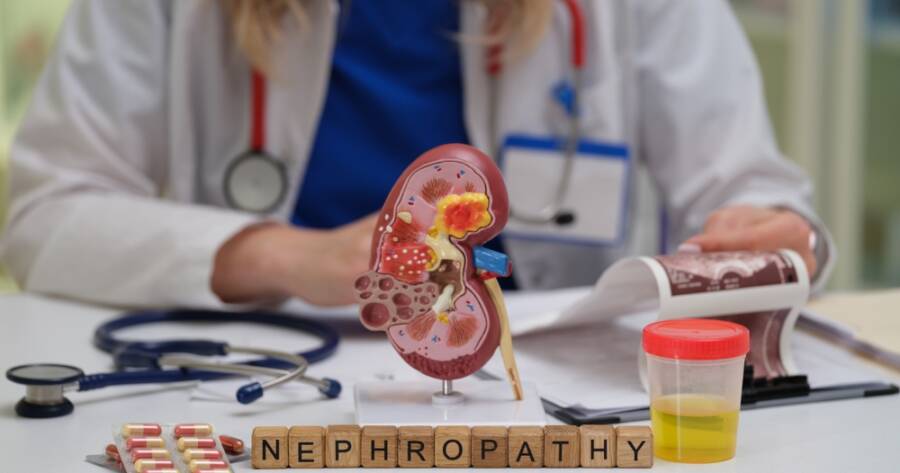Chronic kidney disease (CKD), impacting nearly one in seven American adults, often progresses unnoticed due to early symptom absence. Knowledge of early signs, risk factors like diabetes and hypertension, and the importance of routine screenings are vital components in effective kidney health management. Early detection and proactive management can significantly influence treatment success and improve quality of life.
Understanding Chronic Kidney Disease
CKD affects the body’s ability to perform essential functions like cleansing the blood and managing waste products. Unfortunately, nearly one in seven American adults are living with CKD, and many remain unaware due to the absence of early symptoms.
The kidneys play a critical role in filtering excess water, regulating blood pressure, and maintaining overall health. Early detection is pivotal, yet often overlooked, since routine blood and urine tests can reveal kidney issues even when symptoms are absent in the early stages.
Early Signs and Symptoms
Initial signs of CKD can be subtle, including fatigue, high blood pressure, changes in urination, and swelling of extremities. Persistent symptoms such as these warrant a visit to a healthcare provider.
More pronounced symptoms appear as the disease progresses, such as nausea, muscle cramps, and dry skin. Advanced stages can lead to severe outcomes, including kidney failure, necessitating treatments like dialysis or kidney transplantation.
Risk Factors and Causes
Common causes leading to CKD include diabetes and hypertension, both of which place increased stress on the kidneys. These conditions often progress without noticeable symptoms, making them silent contributors to CKD.
Additional risk factors include age, genetics, obesity, heart disease, and lifestyle habits such as smoking and excessive use of certain medications. Recognizing these risk factors is crucial for early intervention and management.
The Importance of Early Detection
Early detection through regular screenings, including blood and urine tests, is vital in managing CKD. Routine check-ups, especially for those with higher risk factors, help identify early-stage kidney disease.
Testing not only reveals kidney health but can also inform necessary lifestyle or medical interventions. When CKD is detected early, treatments aimed at slowing its progression can be much more effective in preserving kidney function.
Managing and Treating CKD
Treatment for CKD focuses on managing symptoms and preventing disease progression. Medications, dietary changes, and lifestyle modifications, such as maintaining a healthy weight, quitting smoking, and moderating alcohol intake, all contribute positively to kidney health.
Regular monitoring of blood pressure and blood sugar levels is crucial for managing underlying conditions like diabetes and hypertension, which are significant contributors to kidney disease.
Advanced Treatment Options
For advanced stages of chronic kidney disease, when conservative measures are no longer sufficient, medical interventions such as dialysis or kidney transplantation become necessary. Dialysis helps remove waste products and excess fluid from the blood when the kidneys can no longer perform this function efficiently.
Kidney transplantation offers a more permanent solution, providing nearly normal kidney function for those eligible. With early detection, however, the progression to such treatments can often be delayed or managed more effectively by leveraging available medical support.
Learn More About Chronic Kidney Disease
Understanding chronic kidney disease is crucial because it often presents without symptoms until the later stages. By familiarizing oneself with the risk factors, early signs, and available treatments, individuals can take proactive steps to protect their kidney health.
Routine health screenings and lifestyle changes play a significant role in the early detection and management of CKD. Acknowledging the importance of kidneys and prioritizing their health can significantly enhance one’s overall well-being and quality of life. Early intervention can change the trajectory of this silent disease.
Sources
Exploring Symptoms of Chronic Kidney Disease
Early Indicators and Risk Factors for Kidney Disease
Key Facts on Kidney Health and Disease Management





